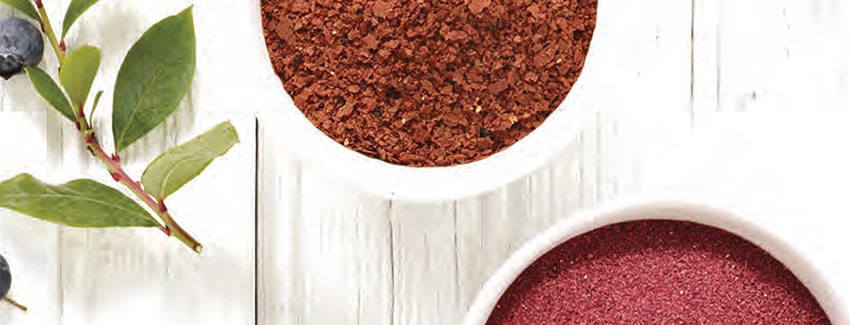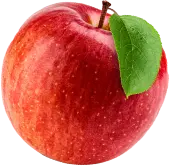
Late last year The Economist declared 2019 to be the Year of the Vegan. In the featured article, it stated that 25% of Millennials age 25 to 34 were identified as vegetarians or vegans. While this prediction gained a lot of attention in the food industry, what I find interesting is not veganism, which is still a small percentage of the total U.S. population, but the mainstreaming of plant-forward eating – flexitarians. This is people across the age spectrum increasing their ‘plant’ or fruit/vegetable/legume/grain intake. As a result, retail sales of plant-based foods in the U.S. grew 11% in the past year, totaling $4.5 billion, according to SPINS data released earlier this month from the Plant Based Food Association and The Good Food Institute. Astonishing growth, to say the least, and when you couple this with data released from Euromonitor, which reported the global meat-substitute market is currently worth $19.5 billion globally, it is no wonder food companies are taking notice.
Health and wellness takes center stage
Consumers, however, are not forsaking animal protein altogether. Instead they’re embracing more plant foods. Different reasons are cited for the increasing interest in plant-forward options, but the most common are health and wellness. That extends to individuals and their families, as well as animal welfare and the overall health of the planet. Basically, eating more plant foods makes people feel better about themselves and their impact on the environment.
Plant-based meat is having a moment
Because of the mainstream demand for plant-based meat alternatives, new product activity in the space has exploded. Both retailers and restaurants are making room for plant-based meats on their shelves and menus. As the market heats up, it’s also interesting to note that today’s meat alternative consumers are not willing to sacrifice taste in the same way vegans or strict vegetarians often do. Yes, they want to increase their plant consumption, but not at the expense of food enjoyment.
Not unexpectedly, there’s a lot of entrepreneurship in the meat alternative segment. New to the market, Beyond Meat and Impossible Foods are just two of the players that come to mind because of the media attention they’ve received. However, there are plenty of established food manufacturing companies introducing plant-based options that have mass-market health appeal as well.
Where does “clean label” fit?
As of today, consumers appear to be more focused on the plant-based health halo, and not the ingredient decks. After reviewing the ingredient panels of several meat-alternative options, I found that many contain bulking agents, stabilizers, thickeners and gels, including methylcellulose, maltodextrin, and carrageenan. I am by no means insinuating these are bad ingredients, just pointing out that this seems counter intuitive to consumers demand for recognizable ingredients. Maybe the goodness of plant-based foods will outweigh their desire for simple ingredients, if not, the industry will need to find clean-label solutions to these additives. My guess is – clean label is coming to this category.
Tree Top’s fruit solution for simple ingredient decks
For food formulators exploring “clean-label solutions” to bulking agents, stabilizers, thickeners, or gels – fruit powder could be the ideal fix. Apple, pear, and plum powders have soluble and insoluble dietary fibers, these fibers provide bulking, thickening or water binding capabilities. Additionally, the fruit sugars present in these powders have the benefit of aiding in surface browning — helping to achieve the brown-char-broil appearance of cooked meat.
Fruit can also be the hero in replacing vegetable oil/fat in your formulation. Our research team discovered that the combination of pears, apples, and plums performs similarly to fat/oils in many applications.
Lastly, the acids found in fruits can enhance flavor, and can be used to adjust the pH levels to inhibit micro growth.
To learn more about Tree Top’s fruit powders, explore our product offerings, or to see how fruit can assist with pH – download our white paper, “Clearing “Hurdles” with Real Fruit Ingredients.”


